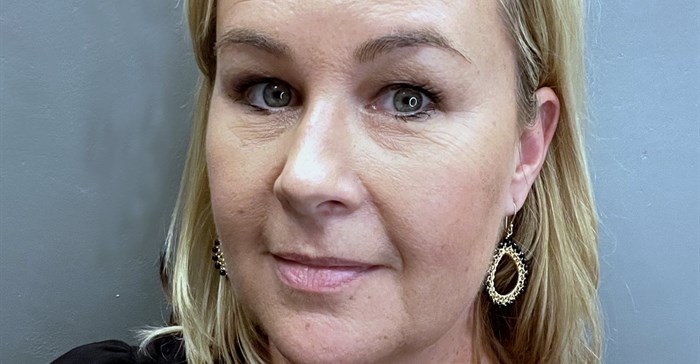
Top stories






LifestyleWhen to stop Googling and call the vet: Expert advice on pet allergies from dotsure.co.za
dotsure.co.za 2 days
More news




















This provides agencies with the opportunity to optimise across multiple channels, using quality content as the initial step to build brand credibility and demonstrate subject matter expertise, before this information is amplified to significantly broaden reach.
Good quality content has always been a solid foundation to build on, but this is subjective and means different things to different audiences on different platforms. Should we be using in-depth white papers? Brief and impactful thought leadership articles? Bite-sized text accompanied by infographics? Or should it be a video instead?
Now getting the right content to the end customer is no longer an educated guess: we are able to test, understand insights and learn from them, iterate, and repeat the process in a continuous effort toward improvement.
This provides the ability to gain a deeper understanding of the targeted audience to better personalise messaging and enhance the customer experience and engagement along the way.
We don’t get to decide what the intended recipient wants to read or watch anymore; we get to find out what doesn’t work, to learn from it, make the necessary changes, and move on.
While this offers an opportunity for non-linear learning for public relations consultants who show resilience and a dash of bravery, a growing shift toward digital also brings to the fore specialist positions such as that of data analyst.
It also means an increased reliance on automation; rather than fearing automation, it needs to be embraced as a means of freeing up the capacity of people to focus on more valuable tasks.
The move to digital also brings with it new ways to monitor and measure return on investment (ROI).
The ability to curate and interpret the rich data at hand, along with the ability to present this to clients in an easily understandable manner, is key to highlighting what quantifies value to them, and whether you have met that goal.
At the start of a campaign, this might be to increase quality traffic to their website and to build a share of voice on digital and social platforms. However for any company it will ultimately come down to what drives commercial value - sales.
As such, it is critical that reports are clear so that the client can use the data provided to make decisions on their marketing and communications efforts that help move the needle forward. To ignore these data insights, and not take some form of action, comes at risk to both agency and client.
Therefore it is vital that traditional agencies guide their clients around best practices, to ensure that the fundamentals are in place.
This includes whether the brand has sufficient credibility to use digital assets to sell, to look at whether their website is optimised for lead generation, that messaging around the products or services on offer as well as customer benefits are clear and compelling, and that tracking links are always used across all types of content.
This extends to having deep industry knowledge and closely monitoring the competition to ensure you have taken the right approach, and that you have packaged your campaign in a way that it meets customers’ needs.
The data you get from your campaigns will provide you with validation and verification whether you have achieved this.
Getting all of this right is not necessarily the silver bullet to garnering sales. The product or service could be late to market, the pricing might not be right for the targeted market, or there simply could be insufficient demand for what is on offer, and client expectations need to be managed.
However, ultimately, this leap into digital offers tremendous opportunities for growth and diversification for traditional PR agencies. It is something they must embrace - or risk a steady decline into obsolescence.